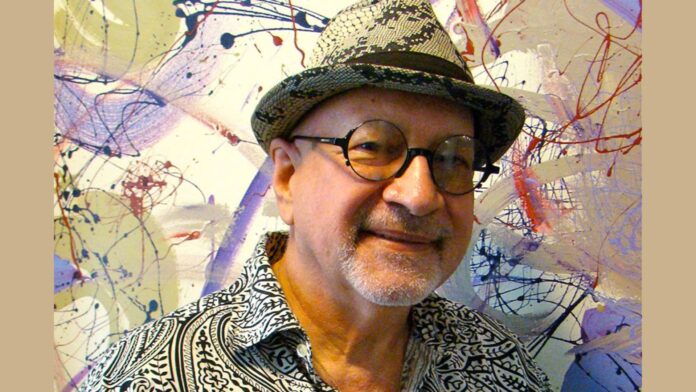“How would you like to die?” asked Josh Middleton during a 2013 Philadelphia Magazine interview with Thom Cardwell — a man who preferred to describe himself simply as a writer despite accolades as a poet, publisher, producer, director, screenwriter, PR specialist, event planner and more.
“In my sleep, after a delicious meal, a wonderful night of dancing and incredible sex,” Cardwell replied — fantasizing about a peaceful and satisfied way to move on from this world.
Cardwell sadly passed away at the turn of the new year on Jan. 2 — and although his cause of death has not been released to the public, he likely didn’t get to go in the manner of his choosing. But he did live a life of no regrets — pursuing his passions, making decisions that aligned with his values, and taking hold of opportunities without letting fear hold him back.
“Life is not a dress rehearsal,” he often said, alluding to both his love for the arts and performance as well as his intentions to live in accordance with his most authentic sense of self.
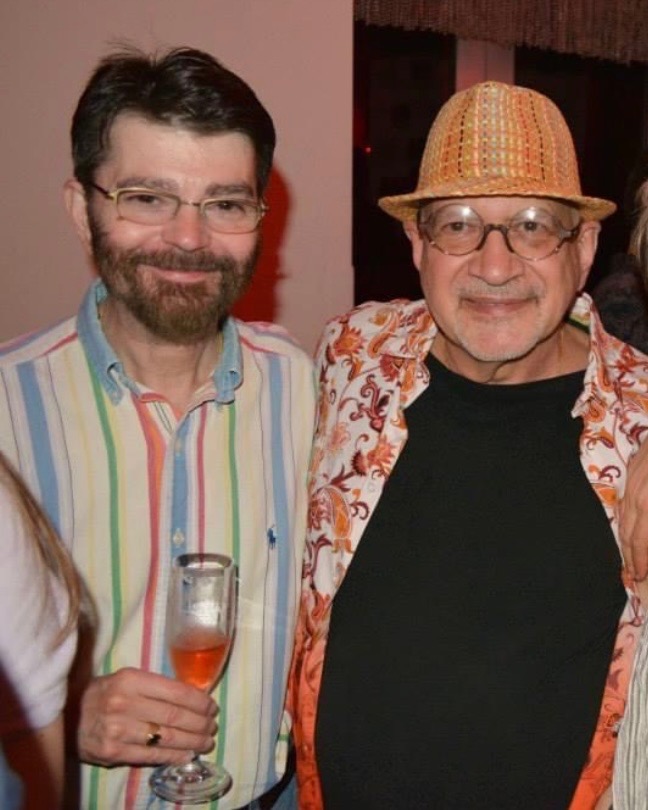
Many of his friends described him as “fashion-forward” — someone who’d don silk shirts with a jacket fully accessorized with a hat and scarf for all occasions. He was also known to be cheerful with boundless energy and an uplifting aura — proud to be himself and excited to get to know what makes other people who they are.
“He was gregarious. He was funny. He was flamboyant and yet unpretentious,” said filmmaker Judith Redding, who knew Cardwell as an avid LGBTQ+ film advocate. “He will be missed.”
“[Cardwell was] a major force in QFest, the successor of the Philadelphia International Gay and Lesbian Film Festival,” said Redding. “When QFest folded, Thom took the reins and founded, produced, and directed the qFLIX festival.”
“Those festivals were very important for putting Philadelphia on the map in terms of creating a keener sense of us as an art city and as a queer art city,” said PGN’s Victoria A. Brownworth, who added that Cardwell was a “Philadelphia-phile” who “really wanted to empower our community.”
“He’s just one of those people that really had a tremendous impact — even in a way that maybe people didn’t notice,” she said, noting that he didn’t spend a lot of time talking about himself or his accomplishments.
“I will always remember how intellectual he was,” said Michael Feighan, who connected with Cardwell because of their shared love for cinema and described his friendship as a master class in film studies. “Because Thom was so fun — a real bon vivant, most people didn’t know what a learned person he was.”
It was during his graduate studies at Fordham University — where he studied literature — that Cardwell first began hosting film festivals. After graduating, Cardwell, who Feighan said enjoyed nurturing young minds, served as assistant headmaster at a boys’ boarding school, where he brought his lively passion to an otherwise drab environment and incorporated films and museum trips into classroom learning.
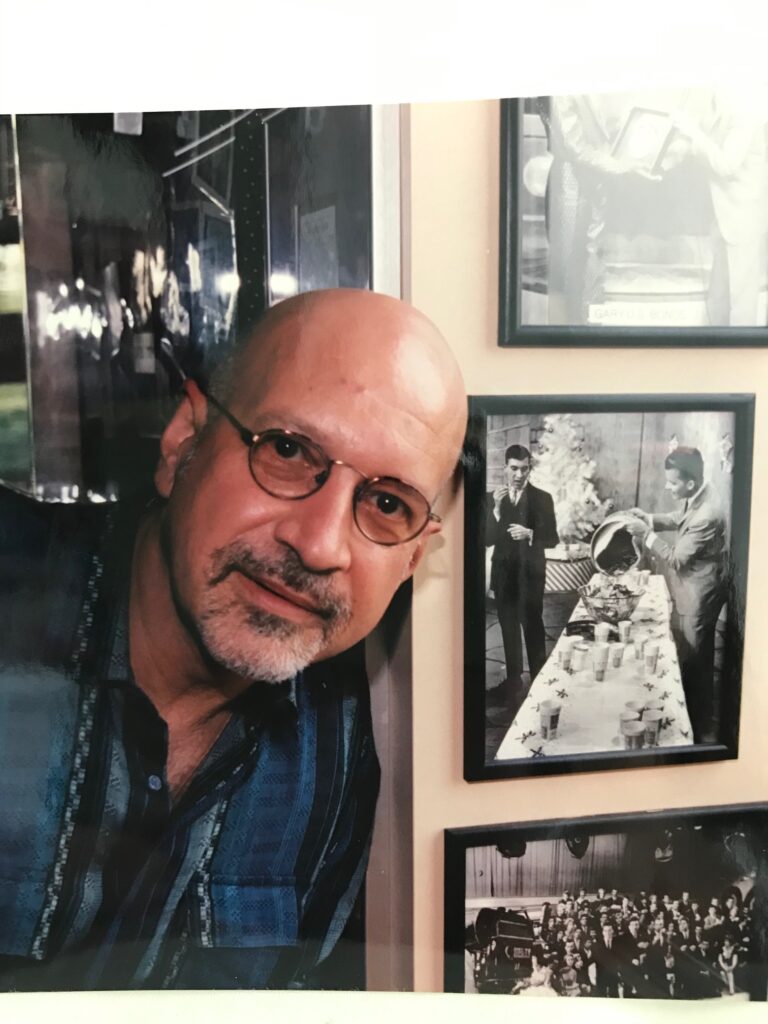
He wrote a screenplay — “What Happens Next,” a queer-focused rom-com filmed in Philadelphia and was a columnist for PGN, A&E magazine, OutWeek, and other publications before becoming the publisher of Queertimes. His writings actually began as a youth, when he contributed anonymously to teen magazines that covered behind-the-scenes tales of “American Bandstand” cast members. Much of his writing and memorabilia is now at the John J. Wilcox, Jr. Archives, housed at William Way LGBT Community Center.
“Programs from festivals long ago, festival posters full of signatures of celebrities who came to celebrate LGBTQ+ film and Philadelphia, [and other donated items] remind us of a generous, thoughtful, passionate lifetime of dedication that Thom shared with this city and community that he loved so much,” said Bill Egan, who co-produced qFLIX with Cardwell.
Cardwell mentored many LGBTQ+ filmmakers, writers and creatives — including international creatives who mourned his loss with posts on social media.
“At heart, I think Thom is/was always a teacher,” said Egan. “He was always more than willing to share what he knew, to teach you something if you had a spark of interest that he could ignite.”
“Trying to sum up an amazing man in just a few words is proving way harder than I thought,” said Egan, who noted that it’s impossible to express how much Cardwell meant to the people who crossed his path or the events and opportunities that were born under his direction.
Many attribute their success in business and the arts to their connection to Cardwell, citing his encouragement and guidance as important aspects of their careers. But Cardwell’s leadership was tangible even during childhood.
At just 10 years old, he started a summer theater program — writing, casting and directing shows that local kids would practice in each other’s garages culminating in well-attended live performances.
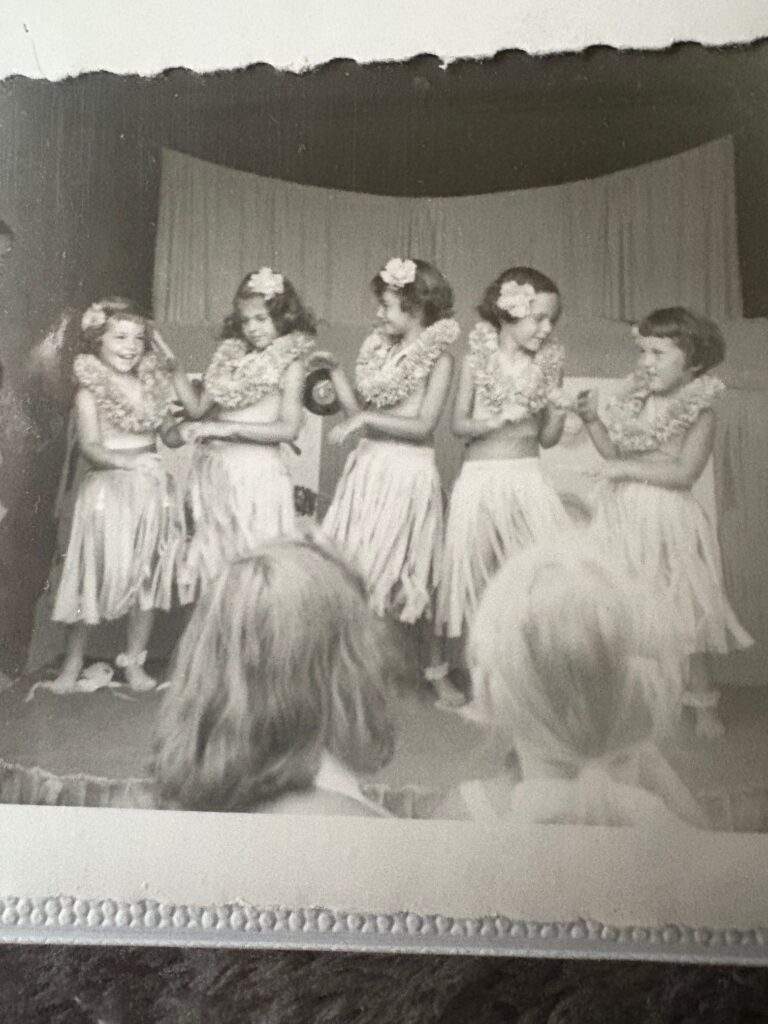
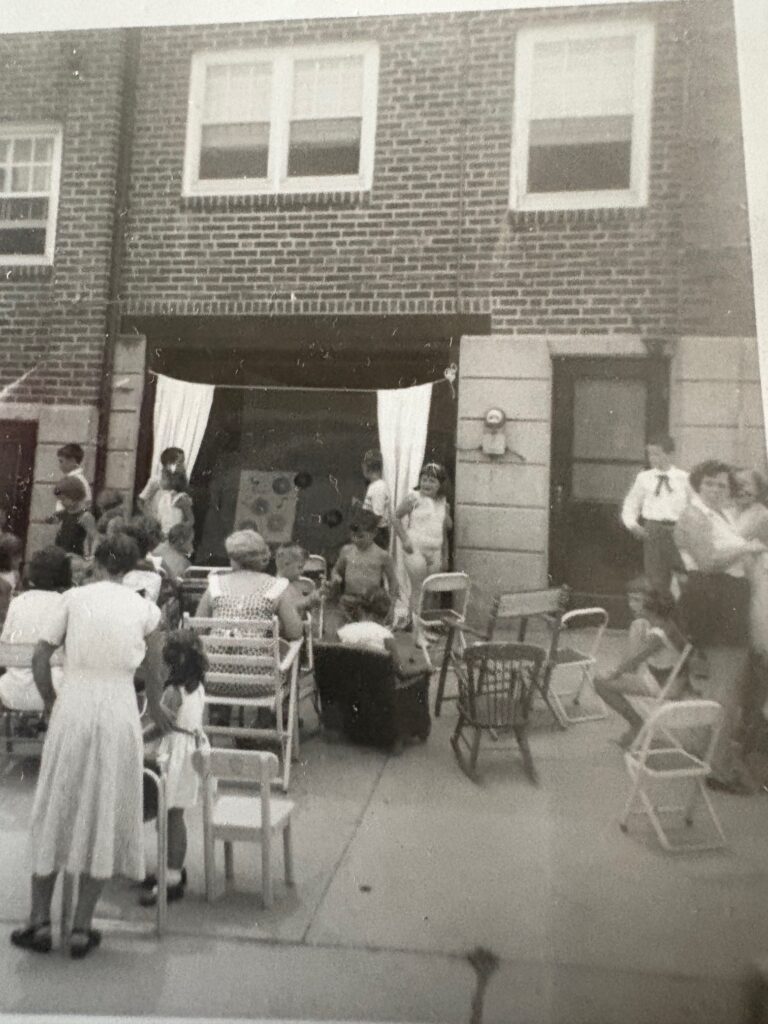
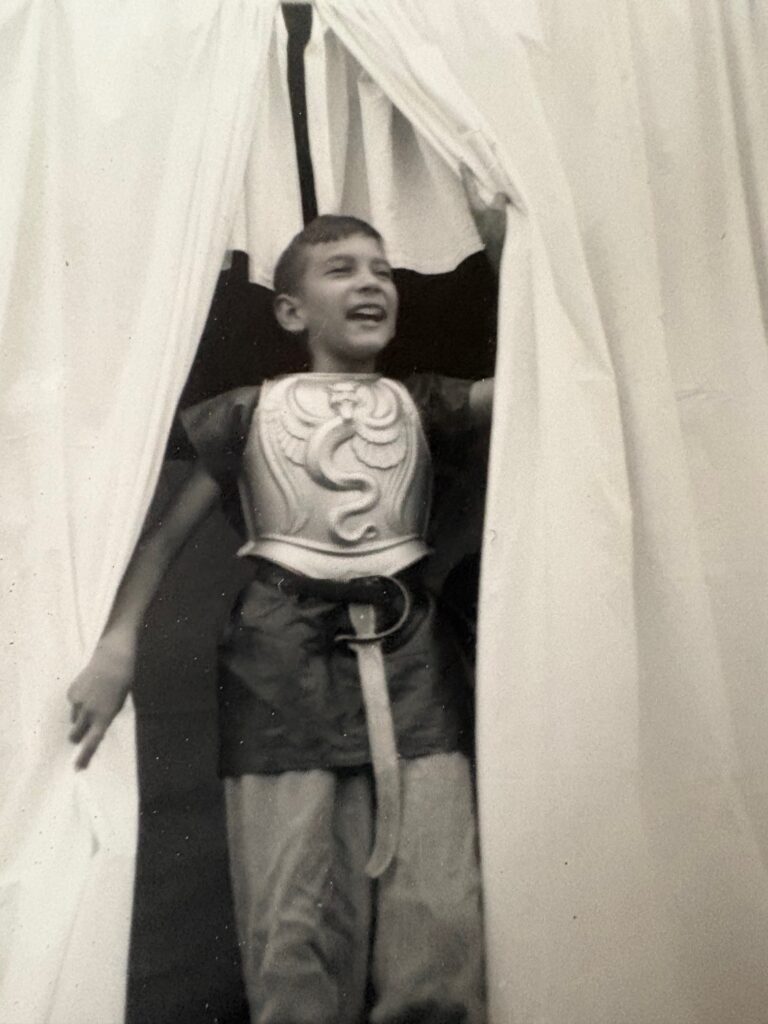
Every year, the neighborhood kids would host a rummage sale — collecting donated and handmade items and baked goods to sell. Proceeds would support Cardwell’s backyard productions by paying for supplies and costuming.
“I love my brother dearly, so I’m really going to miss him,” said Cardwell’s sister, Janice Canfield — who is five years younger and looked up to him during childhood, enthusiastically taking part in his plays.
Summer theater continued until Cardwell was about 16, when his attention shifted to “American Bandstand.” Although he previously told PGN’s Suzi Nash that he ended up as a regular on the show by accident, he was a talented, life-long dancer who was a series regular for three-and-a-half years.
“Attending ‘American Bandstand’ gave me a taste of the entertainment industry, opened up my world to urban life and high-schoolers from different ethnic, racial, religious, educational, cultural and socio-economic backgrounds,” Cardwell told Nash, underlining that it’s where he met some of his first friends who were people of color. “It opened up my world, even to different neighborhoods in Philadelphia.”
In the true spirit of a younger sibling’s ingenuity, Janice often charged kids 25 cents to watch Thom and other “American Bandstand” dancers through the basement windows as they rehearsed. Because their mother worked, it was her duty to stand in front of the TV with her camera to try to record his appearances to watch later.
“I knew he was not like everybody else’s brother,” she said, noting that he often spent time with the girls in their neighborhood and had interests other boys might not have valued during the time period in which they were raised.
But growing up with him helped her learn to be accepting and supportive of LGBTQ+ people and diversity.
He taught her to dance and eventually introduced her to literature and classical music — taking her to plays and symphonies at the Academy of Music. As they got older, Cardwell told his sister she had “wonderful gaydar,” so she became his wingman — helping him cruise at local bars and events.
Janice, who received a kidney transplant — said Cardwell had tried to donate to her and was not a match for his sister. But he was proud to be an organ donor — and he gifted his eyes and liver to recipients who now have brighter futures because of his choice.
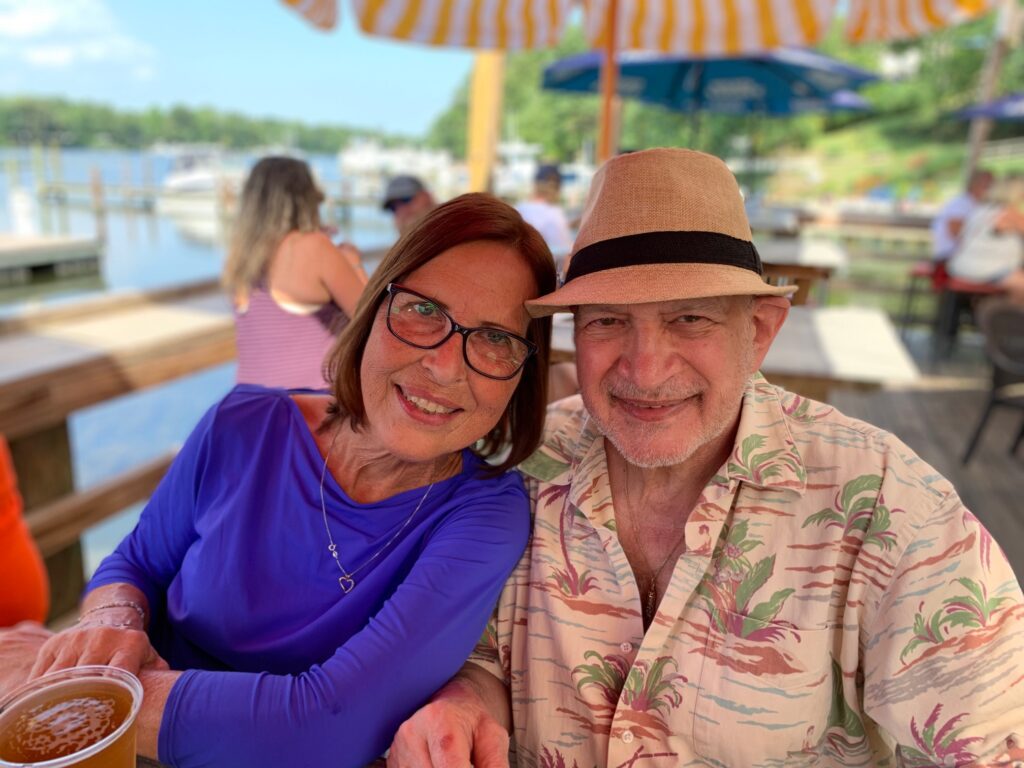
“He always wanted to help people,” she underlined, which others echoed.
At the time of his death, Cardwell was living in Germantown — where his partner Randal Edelstein still resides. The pair had recently moved back from Memphis — where Edelstein originates — after a stint together in Tennessee.
Despite his time away from Philadelphia, some locals remember him fondly as “the mayor of the Gayborhood” because of his neverending Rolodex of connections.
When Cardwell would bump into friends and acquaintances on the street, Janice’s daughters would ask, “Uncle Thom, do you know everyone in this city?” He would answer, “Probably.”
A celebration of life is in the works for the first weekend of April — around what would have been Cardwell’s 80th birthday. Details will develop in the coming months.
